Top 5 Health Benefits of Saffron
Saffron, also known as Crocus sativus L., has been utilized by humans for thousands of years as a flavor, coloring, and health cure. The saffron has a powerful ... read more...aroma and an eye-catching color. The Asian spice saffron has a long history of being a curative or health-improving herb. Antioxidants, which are abundant in the spice and may provide several health advantages. Here are the best health benefits of saffron that you should know.
-
Saffron contains an impressive variety of plant compounds. These act as antioxidants — molecules that protect your cells against free radicals and oxidative stress. Notable saffron antioxidants include:
- crocin
- crocetin
- safranal
- kaempferol
Crocin and crocetin are carotenoid pigments responsible for saffron’s red color. Both compounds may:
- have antidepressant properties
- protect brain cells against progressive damage
- improve inflammation
- reduce appetite
- aid weight loss
The flavor and perfume of saffron are unique because of safranal. According to research, it may enhance your mood, memory, and learning capacity and shield your brain cells from oxidative damage. And last, the petals of the saffron flower contain kaempferol. It has been demonstrated that this substance possesses anti-inflammatory, anti-cancer, and antidepressant effects.
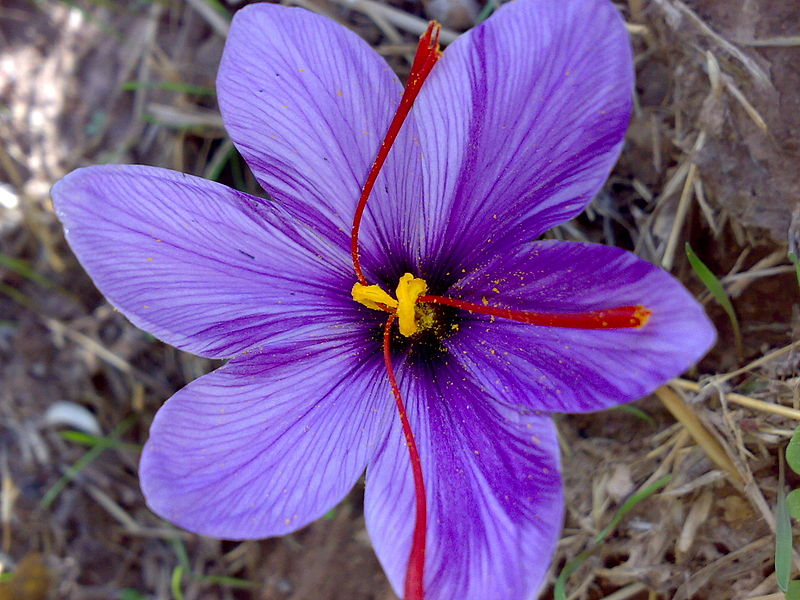
A powerful antioxidant 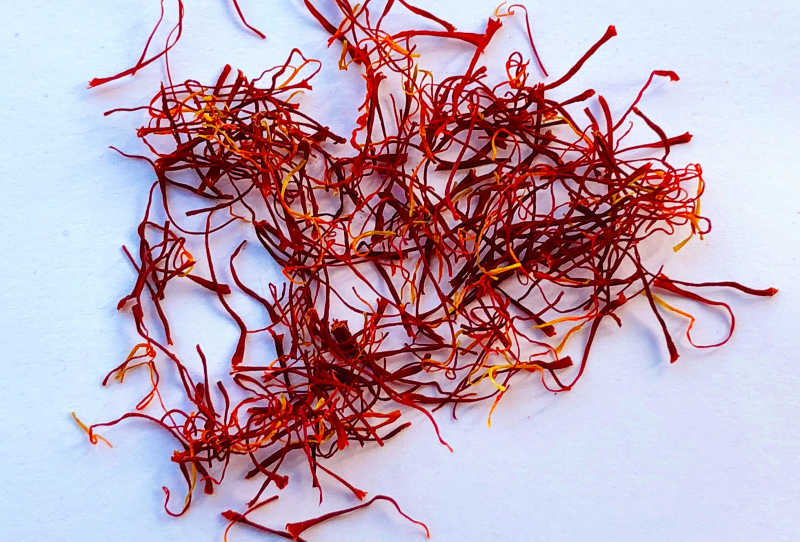
A powerful antioxidant -
The spice known as "sunshine" is saffron. This is not just because of its distinctive hue, but also because it could lift your spirits. Saffron pills considerably outperformed placebos in treating mild-to-moderate depressive symptoms, according to a study of five research.
According to other research, saffron supplements containing 30 mg daily were just as efficient at treating depression as Fluoxetine, Imipramine, and Citalopram. In comparison to other medications, saffron had fewer adverse effects on patients. The thread-like stigma and saffron petals both seem to work well for treating mild to severe depression. Even though these results are encouraging, more human research with more subjects is required before specialists can suggest saffron as a depression cure.
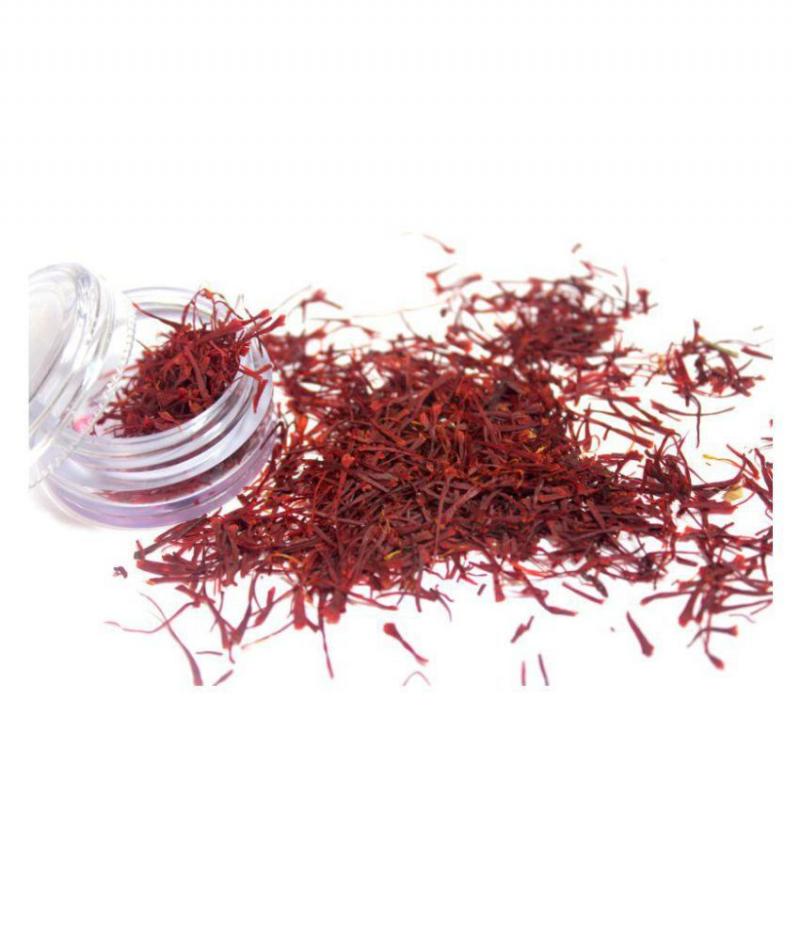
May improve mood and treat depressive symptoms 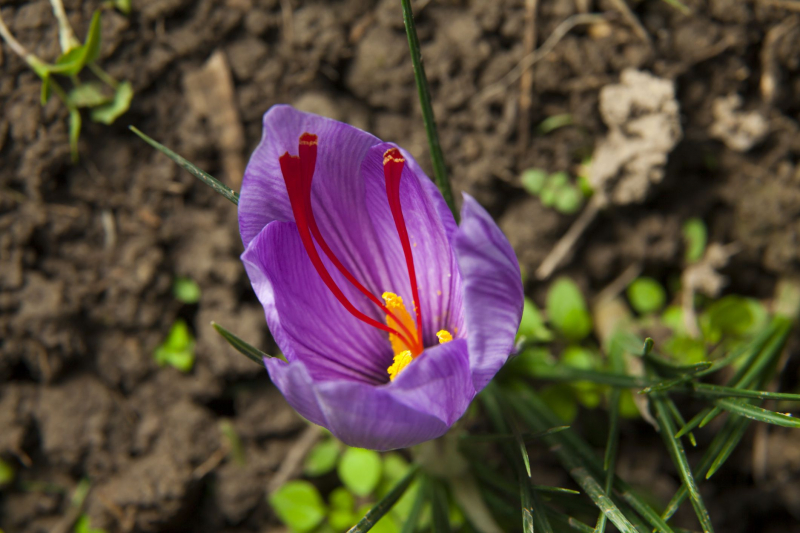
May improve mood and treat depressive symptoms -
Antioxidants, which aid in scavenging damaging free radicals, are abundant in saffron. Chronic illnesses including cancer have been related to free radical damage. Saffron and its components have been demonstrated in test-tube research to specifically kill or restrict the development of colon cancer cells while sparing healthy cells.
This impact also holds true for cancer cells in the bone marrow, breast, cervix, prostate, lung, and numerous other organs. Additionally, research in test tubes suggests that crocin, the primary antioxidant in saffron, may increase the sensitivity of cancer cells to chemotherapy medicines. Although the results of these trials in test tubes are encouraging, additional study is required to fully understand the anticancer properties of saffron in humans.
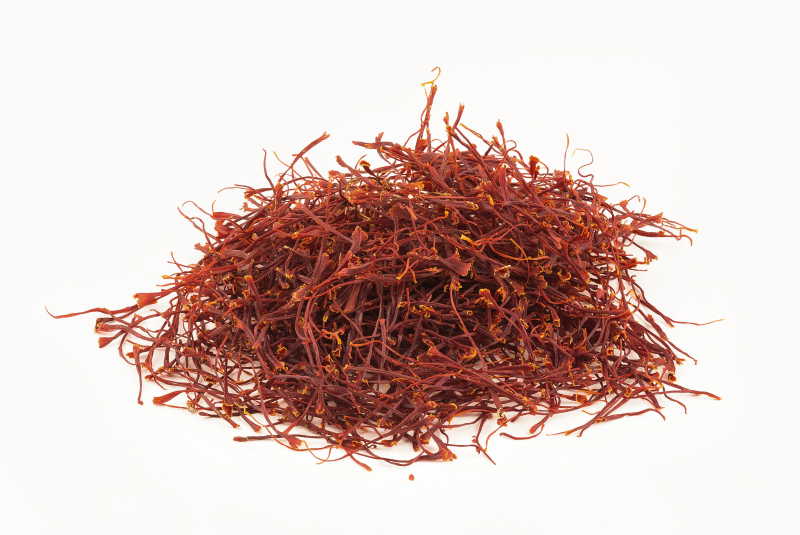
May have cancer-fighting properties 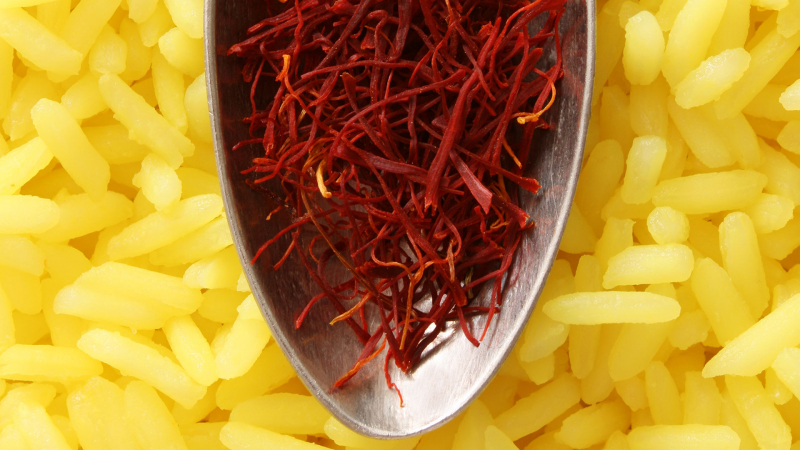
May have cancer-fighting properties -
Premenstrual syndrome (PMS) is a term used to describe a variety of symptoms that appear before the first day of a period. According to studies, saffron may be used to relieve PMS symptoms. A daily dose of 30 mg of saffron was more beneficial than a placebo in treating PMS symptoms in women aged 20 to 45, including irritability, headaches, cravings, and discomfort. Another study discovered that 20 minutes of saffron inhalation alone significantly reduced PMS symptoms including anxiety and the stress hormone cortisol.
Aphrodisiacs are substances or foods that assist increase libido. Saffron may have aphrodisiac effects, especially in those using antidepressants, according to studies. For instance, males with erectile dysfunction brought on by antidepressants had a substantial improvement in erectile function over placebo after taking 30 mg of saffron daily for four weeks. Additionally, a review of six trials revealed that saffron supplementation significantly increased libido, overall pleasure, and erectile function but not semen qualities. In comparison to a placebo, 30 mg of saffron taken daily for four weeks enhanced sexual desire and lubrication in women who had decreased sexual desire as a result of taking antidepressants.
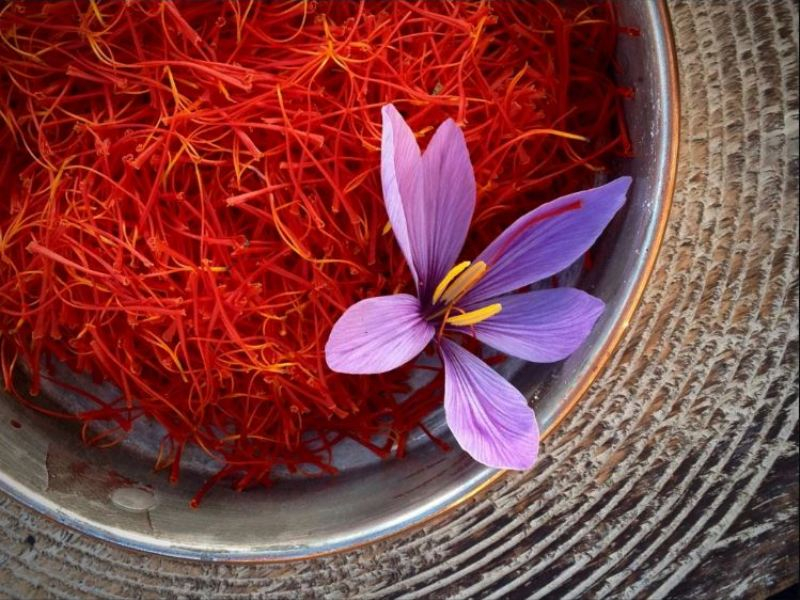
May reduce PMS symptoms and act as an aphrodisiac 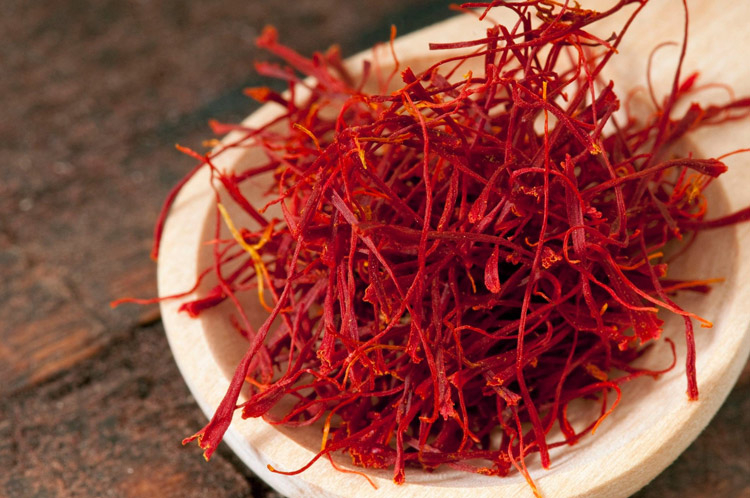
May reduce PMS symptoms and act as an aphrodisiac -
Snacking frequently is a behavior that might make you put on weight. Research suggests that saffron may help you avoid eating by reducing your appetite. Women who took saffron pills lost much more weight than those who took a placebo in an 8-week trial, feeling significantly fuller and snacking less.
Taking a saffron extract supplement dramatically reduced appetite, body mass index, waist circumference, and total fat mass in different 8-week research. Scientists are unaware of how saffron reduces hunger and promotes weight reduction, though. According to one idea, saffron improves your mood, which in turn makes you less likely to want to eat.
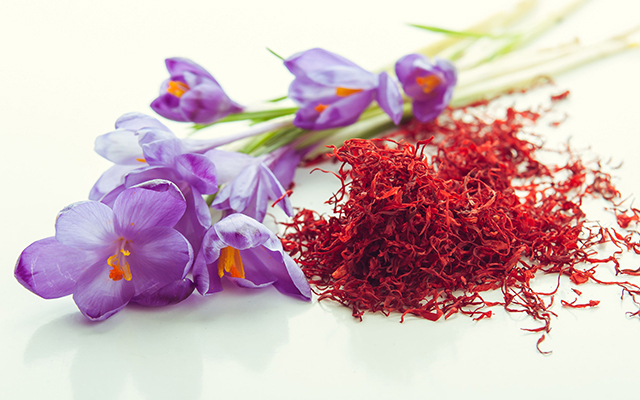
May reduce appetite and aid weight loss 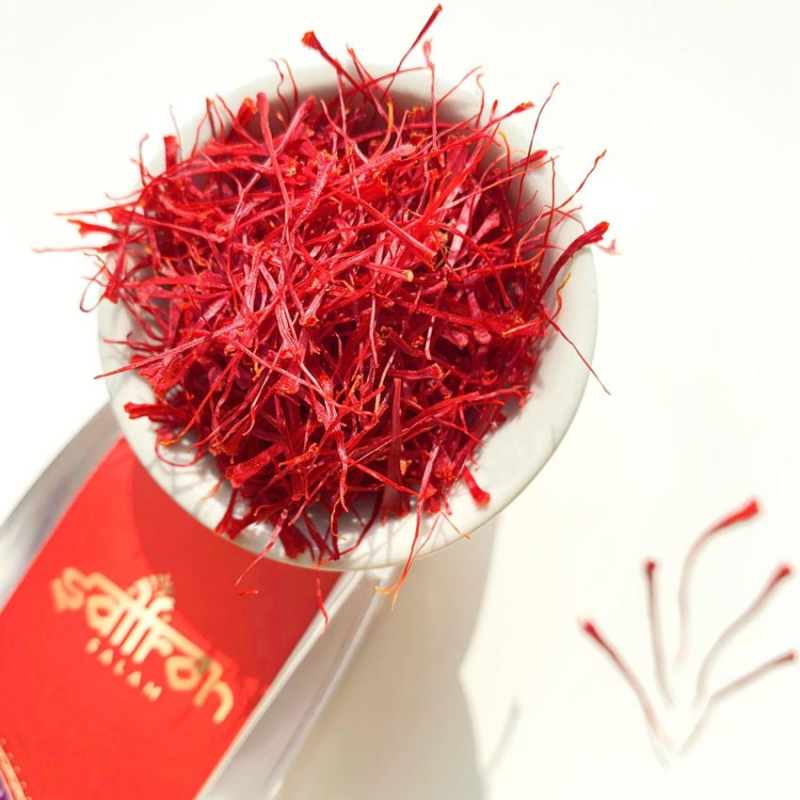
May reduce appetite and aid weight loss


























